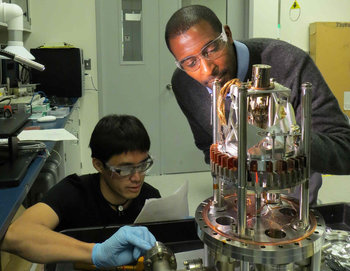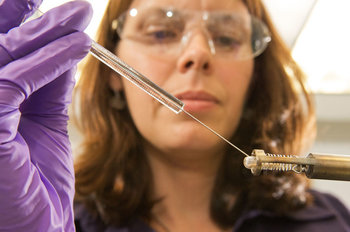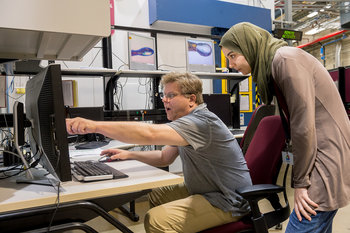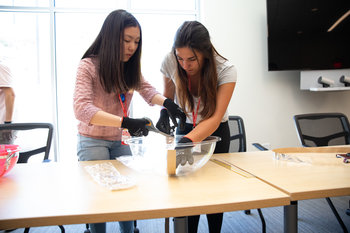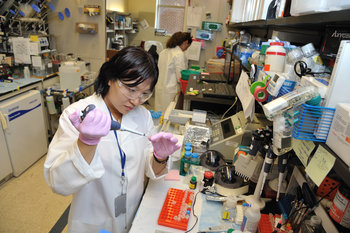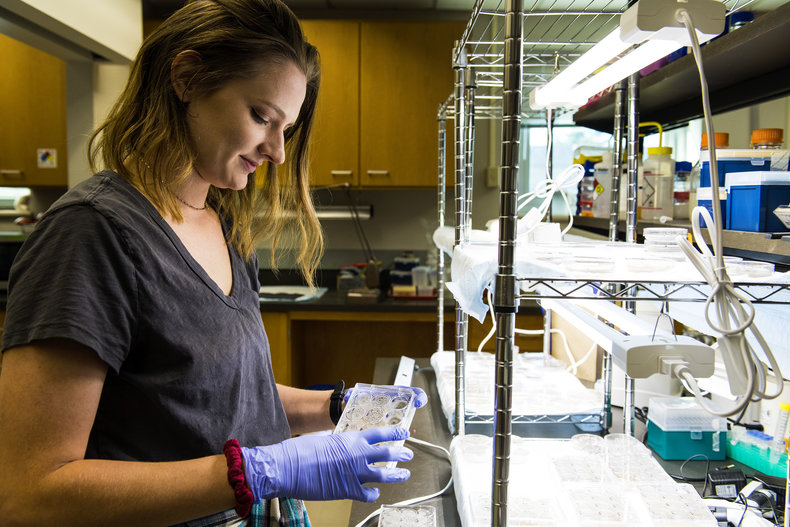
Negative Control
A negative control is an experiment that uses the same procedures as a primary experiment at the same time on a different population with a placebo or no treatment. This is predicted to produce no change to results of interest to the experiment.Positive Control
As with a negative control, a positive control is a parallel experiment on a different population. The treatment used in a positive control has a well understood effect on results. A positive control is typically a treatment that is known to produce results that are similar to those predicted in the hypothesis of your experiment.Similarities
Both a negative control and positive control are parallel experiments to a primary experiment that are based on a different population and treatment than the primary experiment. They are both used to improve the validity and reliability of an experiment by providing a comparison and benchmark.Differences
A negative control uses a treatment that is known not to influence results. A positive control uses a treatment that is known to influence results. Often, a positive control is predicted to achieve results similar to your hypothesis.Example
An experiment for a new medication to treat acne uses a placebo as a negative control and a commercially available medication as a positive control. The negative control is used to show that any positive effects of the new treatment aren't the result of the placebo effect. The positive control is used to detect any problems with the experiment and to benchmark results against another medication. A total of 300 participants are randomly assigned to the primary experiment, the negative control group and the positive control group such that each group has 100 participants. The experiment is double-blinded meaning that neither participants nor the experimenters know who is in what group.| Negative Control vs Positive Control | ||
Negative Control | Positive Control | |
Definition | A control group in an experiment that is given a placebo or no treatment at all. | A control group in an experiment that is given a treatment that has standard or well understood results. |



